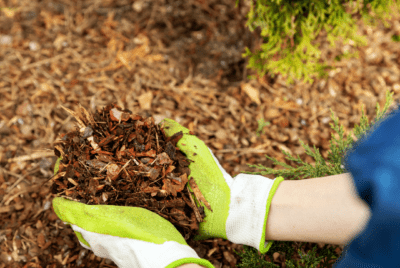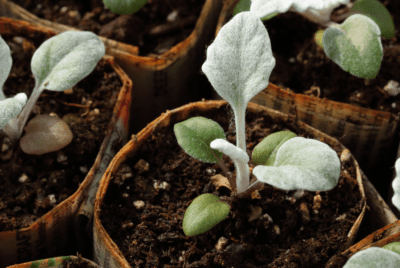RESEARCH
New Flower Bed Design and Verification Supporting Horticultural Therapy Classes Based on Behavioral Observation
Summary
This research paper looks at how to improve gardening activities for elderly people in care, as these activities, called horticultural therapy, can be good for their emotional, mental, social, and physical health. The study started by observing how current gardening classes were run at a nursing home called “House of Love”. The researchers used behavioral observation, which means they watched and recorded what the elderly did during the classes, focusing on things like how they used tools, interacted with others, and their posture. They noticed problems like awkward postures due to unsuitable tools and flower bed designs, uneven attention from instructors, and a lack of interaction among the participants. This initial observation acted as the “before” picture.
Based on these observations, the researchers designed a new type of flower bed called “Elder Green”. This flower bed was designed to be modular, adjustable for different needs, and easier for elderly people, including those in wheelchairs, to use comfortably. It had features like individual operating platforms, built-in storage, and a circular arrangement to encourage interaction and ensure the instructor could easily reach everyone. After introducing these new flower beds, the researchers again used behavioral observation in a new class (the “after” picture or test group) to see if the design improved things compared to the original classes (control groups).







